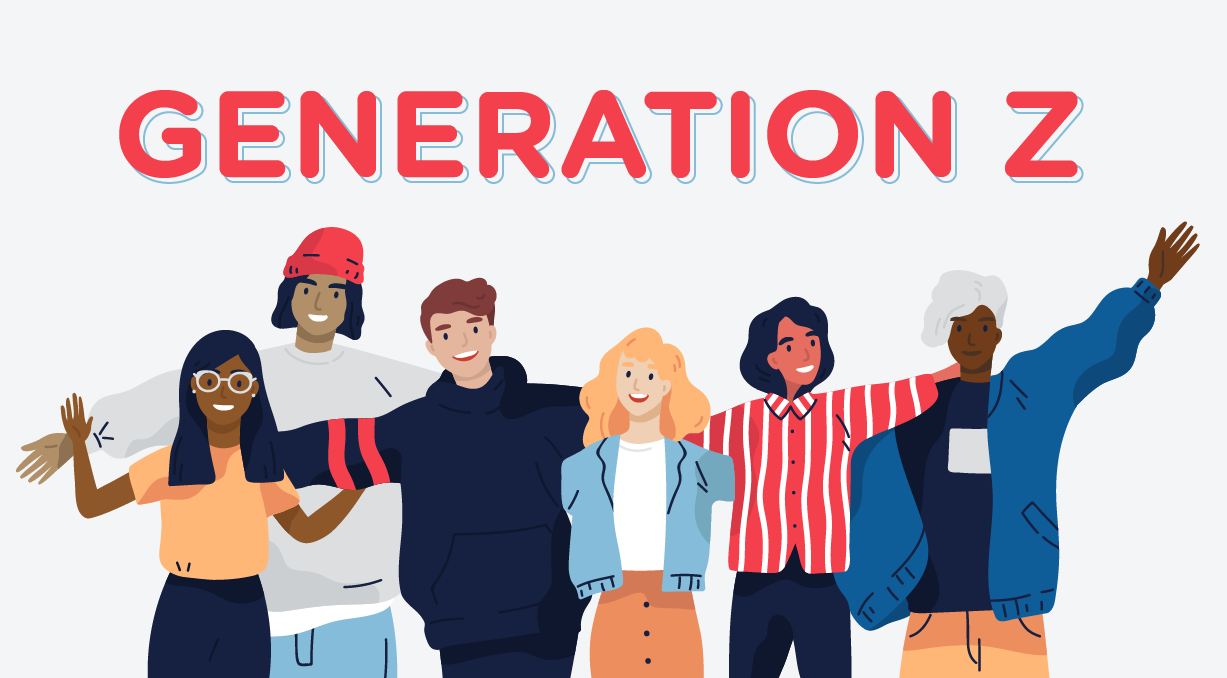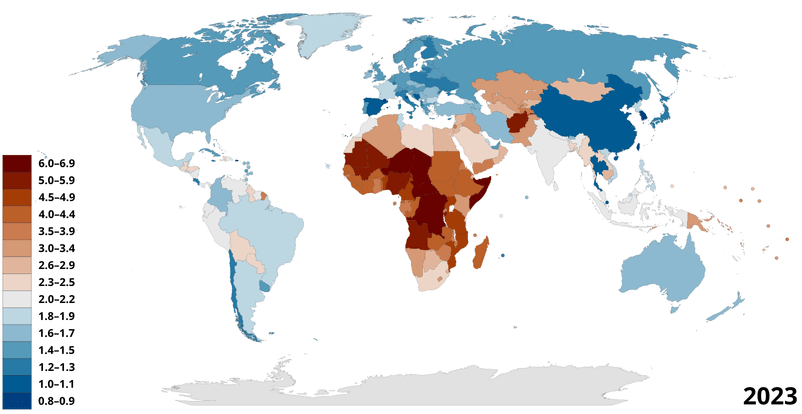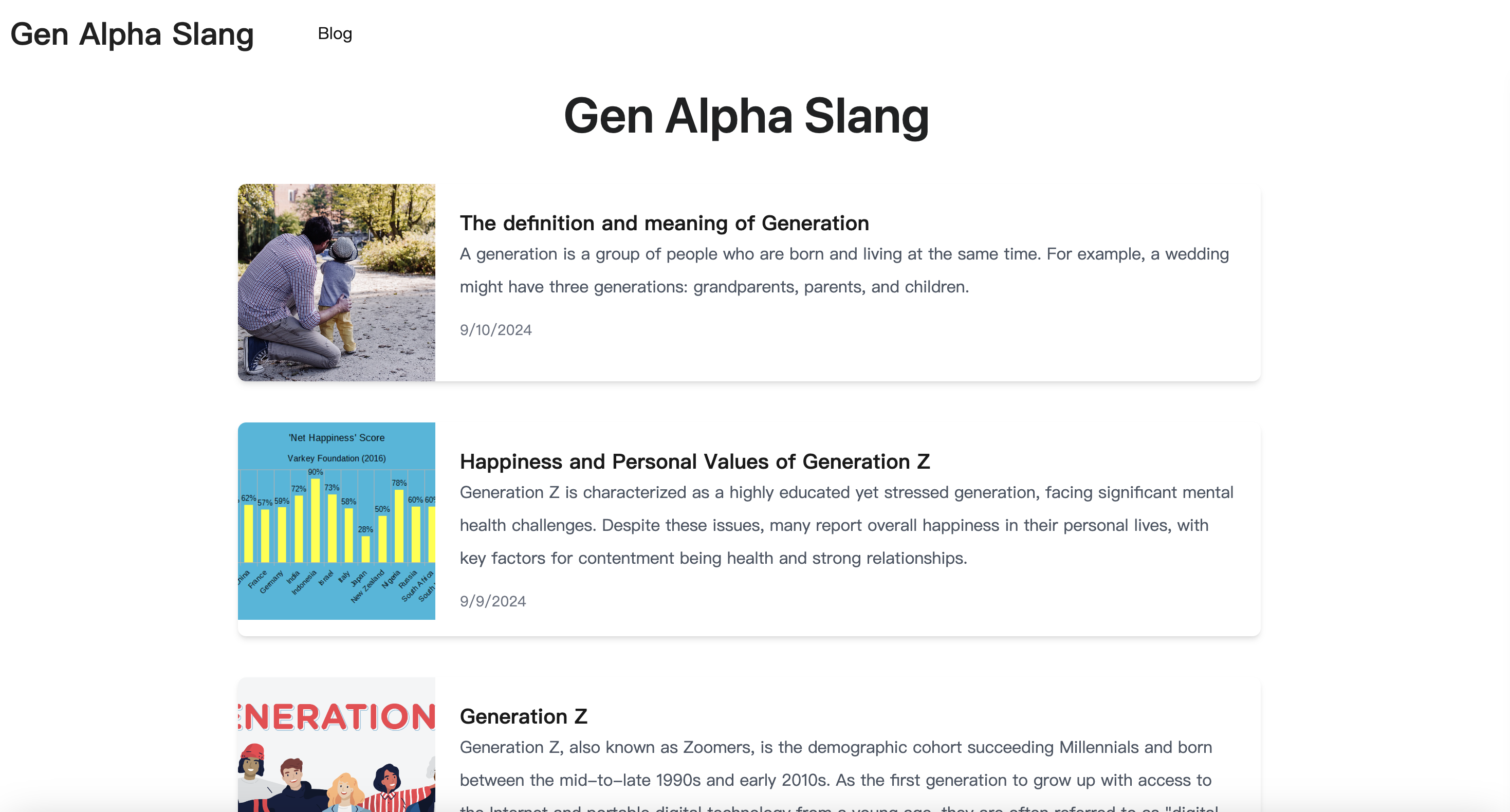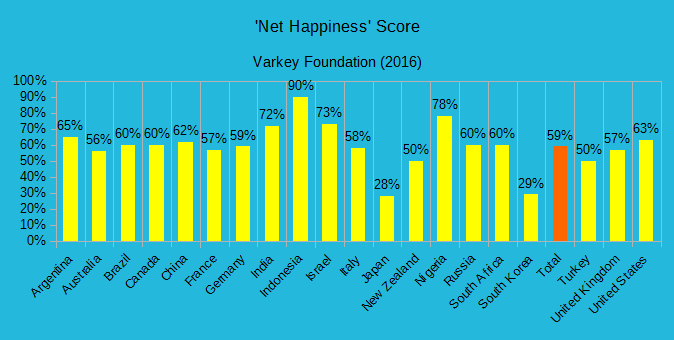Generation Z (often shortened to Gen Z), also known as Zoomers, is the demographic cohort succeeding Millennials and preceding Generation Alpha. Researchers and popular media use the mid-to-late 1990s as starting birth years and the early 2010s as ending birth years, with the generation most frequently being defined as people born from 1997 to 2012. Most members of Generation Z are the children of younger Baby Boomers or Generation X.
As the first social generation to have grown up with access to the Internet and portable digital technology from a young age, members of Generation Z, even if not necessarily digitally literate, have been dubbed "digital natives".
The name Generation Z is a reference to the fact that it is the second generation after Generation X, continuing the alphabetical sequence from Generation Y (Millennials).
Other proposed names for the generation included iGeneration, Homeland Generation, Net Gen, Digital Natives, Neo-Digital Natives, Pluralist Generation, Internet Generation, and Centennials.
The rapper MC Lars used the term iGeneration as early as 2005, as a song title. Psychology professor and author Jean Twenge also used the term, intending it as the title of her 2006 book about Millennials but changing the title to Generation Me at the insistence of her publisher. Twenge later used the term for her 2017 book iGen. Others also claim to have coined the name.
The Merriam-Webster Online Dictionary defines Generation Z as "the generation of people born in the late 1990s and early 2000s." The Collins Dictionary define Generation Z as "members of the generation of people born between the mid-1990s and mid-2010s. The Oxford Dictionaries define Generation Z as "the group of people who were born between the late 1990s and the early 2010s, who are regarded as being very familiar with the internet." Encyclopedia Britannica defines Generation Z as "the term used to describe Americans born during the late 1990s and early 2000s. Some sources give the specific year range of 1997–2012, although the years spanned are sometimes contested or debated because generations and their zeitgeists are difficult to delineate."






